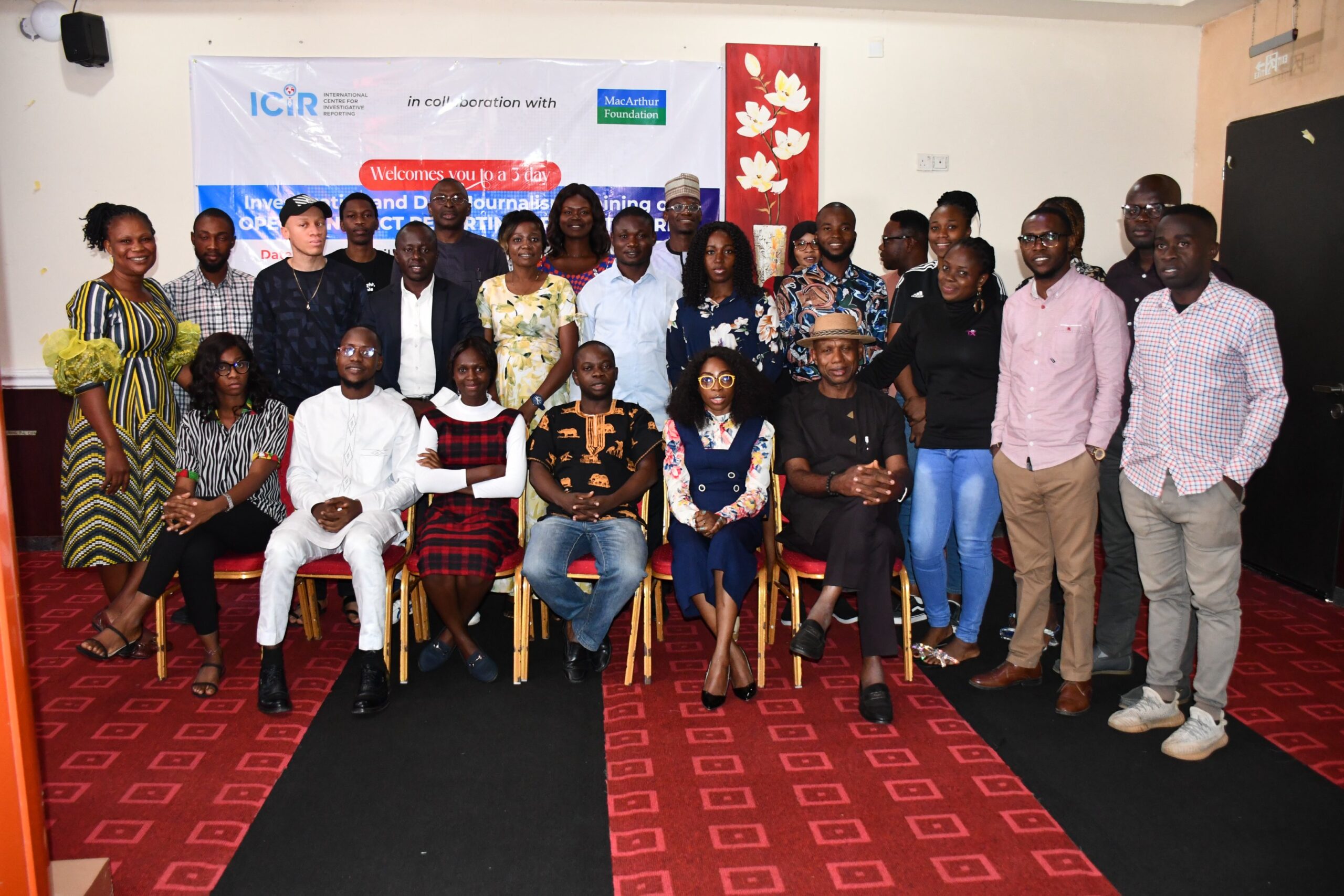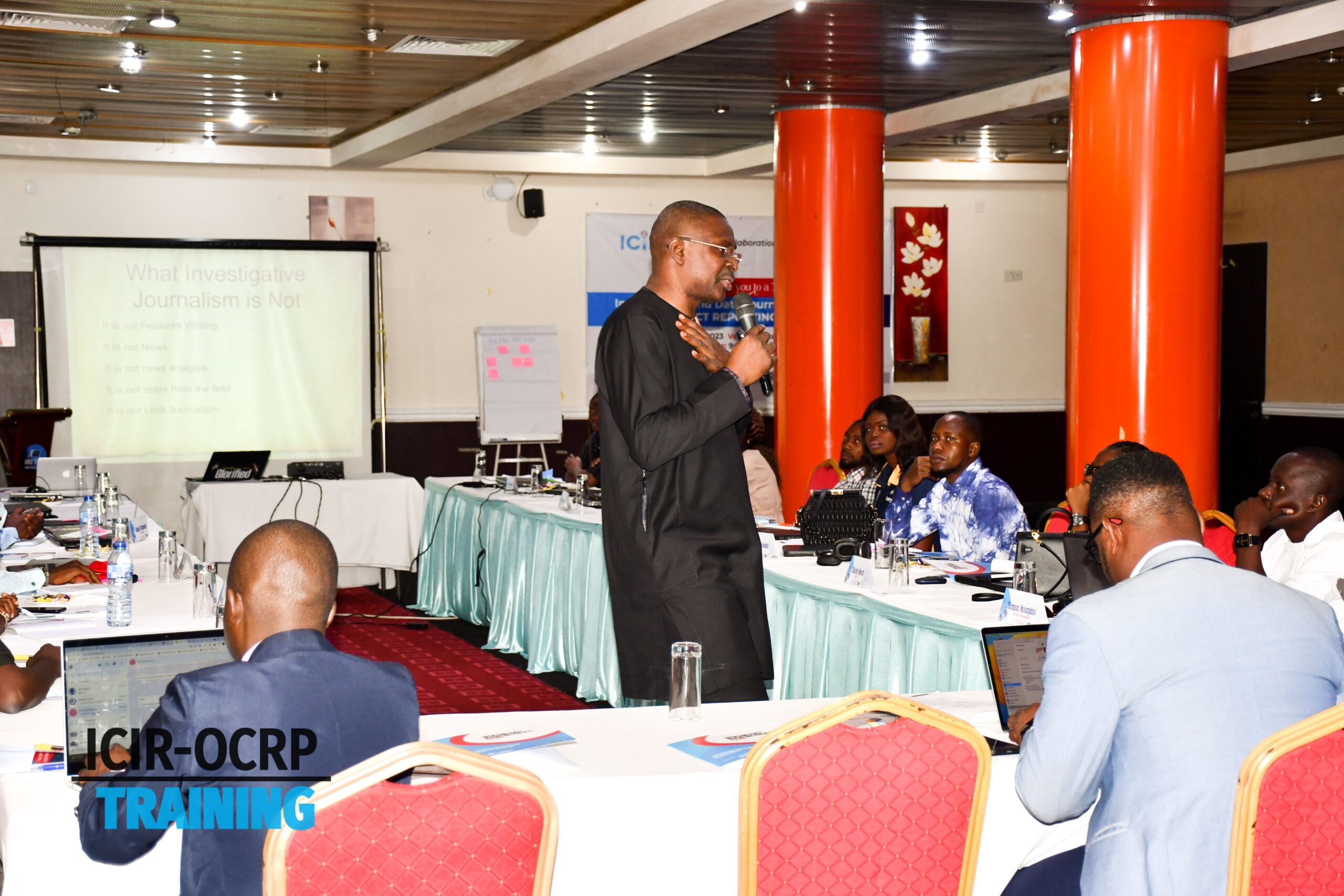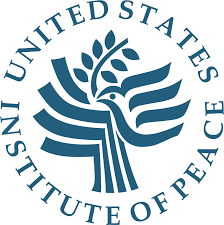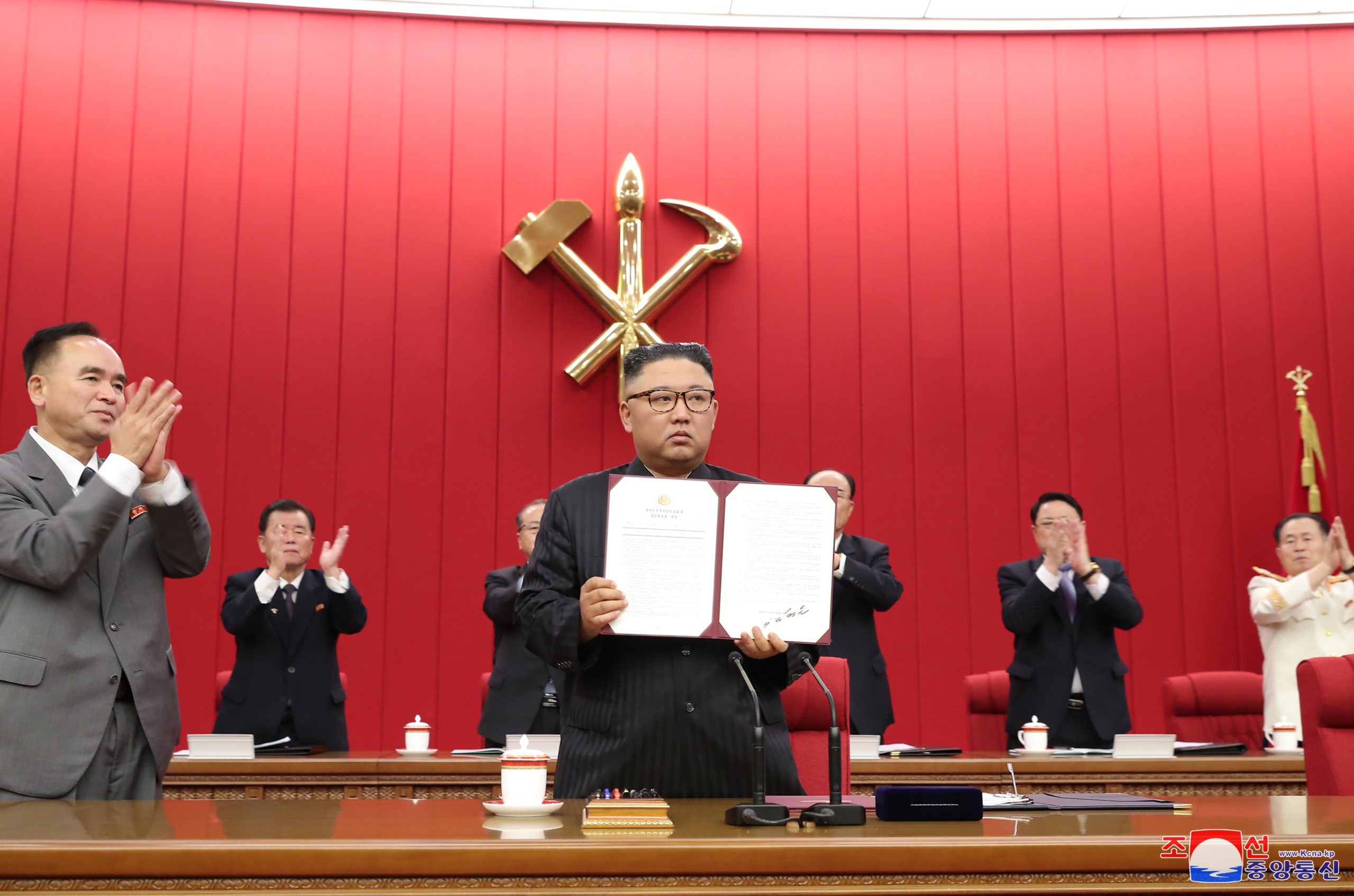ICIR Trains journalists in investigative journalism

By Daniel Adaji
The International Centre for Investigative Reporting (ICIR) has trained about 20 journalists on how to conduct effective investigative journalism, using data obtained from open sources.
The three-day in-person training took place in Abuja, the Federal Capital Territory of Nigeria. It was conducted on April 4 to 6, 2023. The participants were drawn from both print, online and broadcast media across the North Central and South East geopolitical zones.

Mr. Dayo Aiyetan addressing participants at the training. Photocredit: The ICIR
The training was a part of capacity building for fellows selected for the ICIR Open Contract Reporting Project OCRP, Fellowship, funded by MacArthur Foundation.
You have to invest in your personal development
Mr. Dayo Aiyetan, the Executive Director of The ICIR, said the training was meant to empower journalists on the Open Contract Reporting Project, OCRP with the skills to properly carry out investigative journalism especially with the use of data.
Day 3: @kemi_busari taking Journalists through Using the Freedom of Information (FOI) Act at the ongoing #OCRP 3-day Investigative and Data Journalism Training for Journalists from North Central and South East zones in Nigeria.
Sponsored by @macfound#OCRP2023 #OCRPAbuja pic.twitter.com/Rptxrtgdn7
— The ICIR (@TheICIR) April 6, 2023
“Journalists are regarded as the fourth estate of the realm and are saddled with the responsibility of holding those in power to account. There is need to hold public leaders accountable but this is not
possible without the journalist knowing exactly what to do,” he said.
There is need to hold public leaders accountable
Mr Aiyetan encouraged journalists to be bold and professional in discharging their duties, especially in critical reporting.
Day 3: #OCRPAbuja2023 Group 4 participants during the presentation for their group task on Data Journalism, facilitated by Oluwadamilola Ojetunde
_
1. @danieladaji3
2. @adeyemidekunle1
3. @JairusAwo
4. @chimmychilly
_#OCRP2023 #OCRPAbuja #OpenContractReporting pic.twitter.com/vs2y4p1ypf— The ICIR (@TheICIR) April 6, 2023
He cautioned that media practitioners, especially investigative journalists, must desist from receiving bribes in the name of “brown envelopes” in order to maintain their integrity.
He also encouraged journalists to invest adequate time and resources to develop themselves in order to become more profitable on the job.
“You have to invest in your personal development in order to break limits in this profession, “ Mr Aiyetan said.
Journalists, must desist from receiving bribes in the name of “brown envelopes”
The training comprised of several sessions: fact-checking; safety and security of journalists; multimedia reporting; data journalism; tracking procurement fraud; documents and referencing; interview techniques; pitch writing; Freedom of Information Act (FOI) and journalism ethics.
Day 2: @dayoaiyetan taking journalists on Tapping Sources for Investigative Reporting at the ongoing #OCRP 3-day Investigative and Data Journalism Training for Journalists from the North Central and South East zones in Nigeria.
Organised by #TheICIR and sponsored by @macfound. pic.twitter.com/XeWUA2fY3e
— The ICIR (@TheICIR) April 5, 2023
Participants were encouraged to always fact-check their reports before making them public to avoid spreading false and unverified information.
They were also encouraged to deploy the use of open source tools and data for investigations and where such are not available open source, they could make use of the FOI Act which mandates public
office holders to make public records public in national interest.
The Insight Report
Nigeria Coverage



